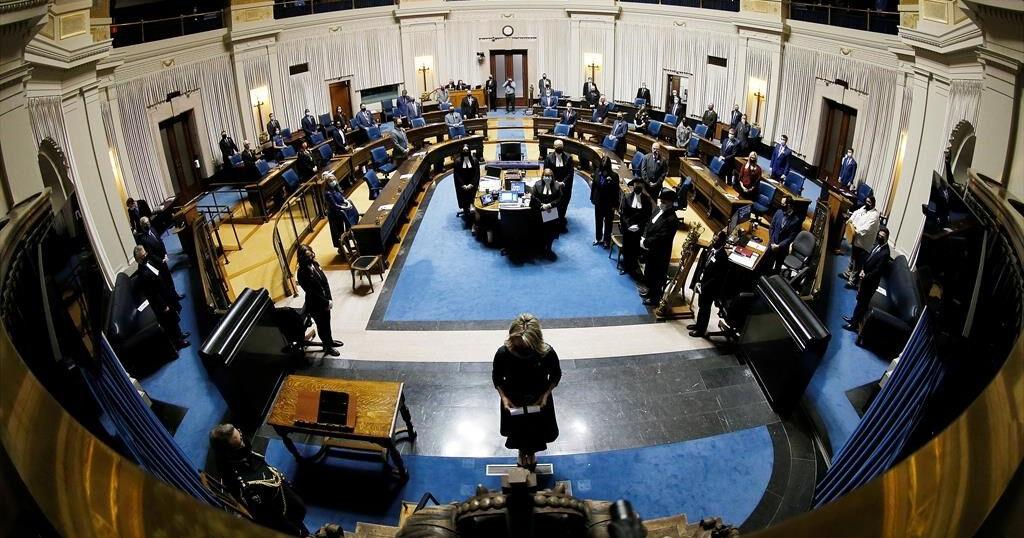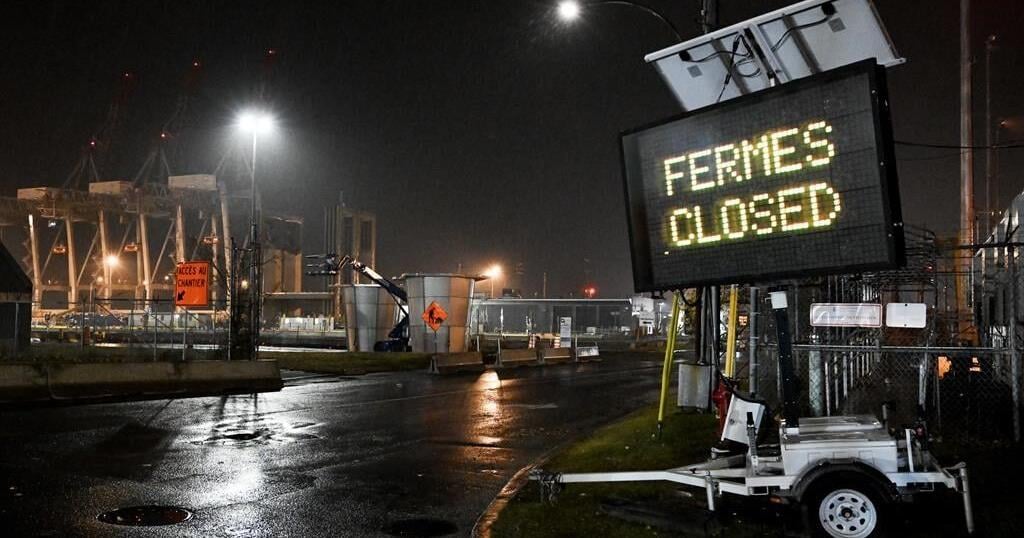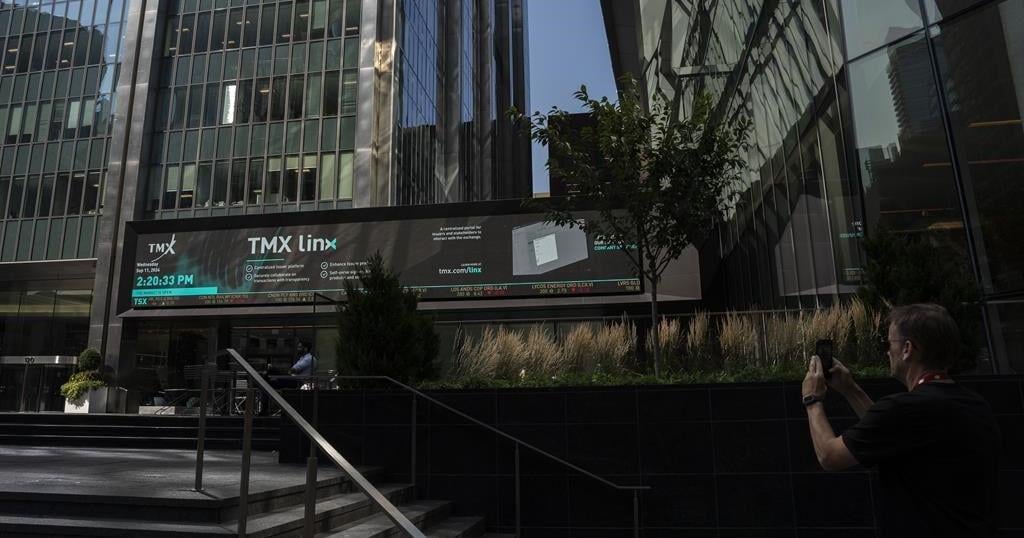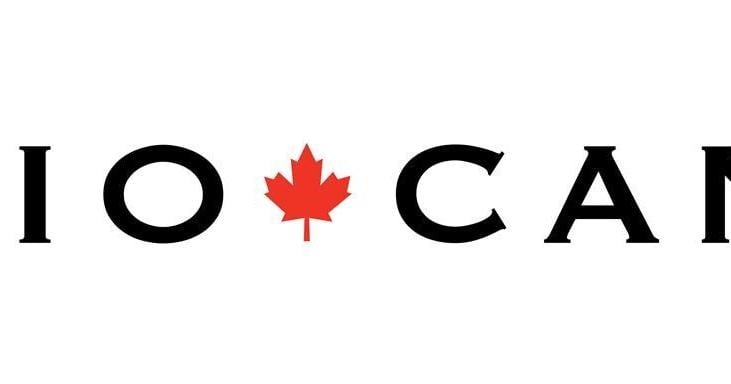WINNIPEG – A candidate in last year’s Manitoba provincial election has been found to have forged two signatures on her nomination form.
A report from elections commissioner Bill Bowles says Gabrielle Simard-Nadeau, who was running for the Green Party in the Steinbach constituency, was having trouble collecting the 50 signatures required to qualify as a candidate.
The report says Simard-Nadeau spoke with a friend who said two relatives would be willing to sign, and Simard-Nadeau forged their signatures because there was no time to meet with them before the deadline.
Simard-Nadeau was approved as a candidate, but Elections Manitoba announced on the day before the election, without an explanation, that she was withdrawing.
The commissioner’s report says Simard-Nadeau was an inexperienced candidate who fully admitted to the forgery and took responsibility.
The commissioner has the authority to recommend charges be laid under the Elections Act, but is not doing so in this case.
“There are several factors I have considered, none of which amount to a justification for what Ms. Simard-Nadeau did, but which do, in my view, suggest that a prosecution is not necessary,” Bowles wrote in his report issued this week.
“This was her first time being involved in an election and, although she clearly knew that she should not forge signatures, I believe she did so in the pressure of the moment without much understanding of the seriousness of the offence.”
Bowles also said Simard-Nadeau accepted responsibility and forged the names of two people she fully believed would have signed her nomination papers if there had been more time.
While no charges were laid, the commissioner and Simard-Nadeau entered into a “compliance agreement,” which requires her to read the relevant section of the Elections Act and a code of ethical conduct.
“I am satisfied that Ms. Simard-Nadeau truly regrets what she did and would never make the same mistake again,” Bowles wrote.
The leader of the Green Party of Manitoba said she takes responsibility for what happened.
“Engaging inexperienced, sometimes overenthusiastic youth in our political process means mistakes are sometimes made. This is such an example,” Janine Gibson wrote in an email Wednesday.
“Many of our youngest would-be candidates did not recognize the time and effort required to gather qualifying signatures and were not able to gather sufficient signatures in the time frame of the 2023 election.
“One made a significant wrong choice out of desperation. We as a party missed offering the support needed for this potential candidate to understand the rules and their crucial significance for fairness in our democratic process.”
A previous case of forged signatures, stemming from the 2011 provincial election, resulted in a $3,500 fine.
That case involved an official agent in the Liberal party who forged nomination signatures for two candidates and initially denied doing so when confronted.
This report by The Canadian Press was first published Oct. 16, 2024.























